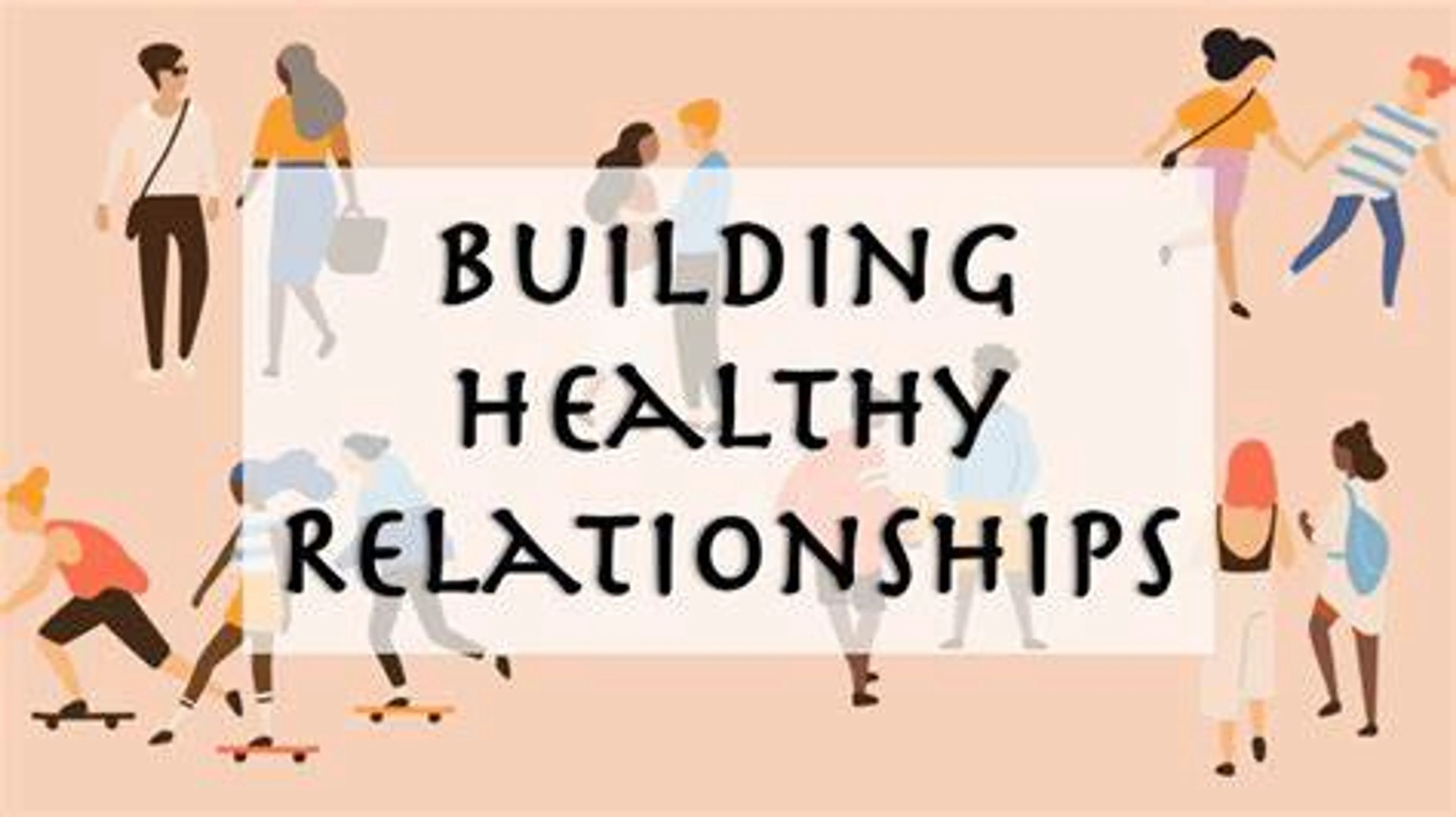
Building Trust and Intimacy in Romantic Relationships
Trust and intimacy are two essential components of a healthy and satisfying romantic relationship. Trust is the confidence and belief that your partner is honest, loyal, reliable, and respectful. Intimacy is the closeness and connection that you share with your partner in physical, emotional, intellectual, and spiritual ways. Trust and intimacy can enhance your relationship quality, happiness, and longevity. However, trust and intimacy are not always easy to build or maintain in a romantic relationship. They require constant effort, communication, and commitment from both partners. In this essay, we will explore some of the factors, tips, and benefits of building trust and intimacy in romantic relationships.
What are the factors that affect trust and intimacy in romantic relationships?
Trust and intimacy in romantic relationships can be influenced by many factors, such as:
- Personality and attachment style. Your personality and attachment style can affect how you perceive, express, and respond to trust and intimacy in your relationship. For example, if you have a secure attachment style, you may be more comfortable and confident with trust and intimacy. If you have an insecure attachment style, such as anxious or avoidant, you may be more fearful or doubtful of trust and intimacy.
- Past experiences and expectations. Your past experiences and expectations can affect how you build, maintain, or repair trust and intimacy in your relationship. For example, if you have experienced betrayal, abuse, or loss in your previous relationships, you may have difficulty trusting or opening up to your partner. If you have unrealistic or idealized expectations of your partner or relationship, you may have difficulty accepting or appreciating trust and intimacy.
- Communication and interaction. Your communication and interaction with your partner can affect how you establish, enhance, or restore trust and intimacy in your relationship. For example, if you communicate openly, honestly, respectfully, and frequently with your partner, you may foster trust and intimacy. If you interact positively, affectionately, supportively, and creatively with your partner, you may also nurture trust and intimacy.
- Challenges and conflicts. Your challenges and conflicts with your partner can affect how you test, challenge, or strengthen trust and intimacy in your relationship. For example, if you face external challenges or problems together as a team, such as financial difficulties, health issues, or family matters, you may reinforce trust and intimacy. If you resolve internal conflicts or disagreements constructively and peacefully as a couple, such as misunderstandings, arguments, or differences, you may also boost trust and intimacy.
What are the tips for building trust and intimacy in romantic relationships?
Building trust and intimacy in romantic relationships is not a one-time or simple task. It requires continuous effort, communication, and commitment from both partners. However, there are some general tips that can help partners to build trust and intimacy in their relationships. Some of these tips are:
- Be honest and transparent. The first step to building trust and intimacy is to be honest and transparent with your partner. Do not lie or hide anything from your partner that may affect your relationship. Be authentic and genuine with your partner, and expect the same from them.
- Be supportive and reliable. The second step to building trust and intimacy is to be supportive and reliable for your partner. Do not let your partner down or break your promises to them. Be there for your partner when they need you or ask for your help. Be consistent and dependable with your partner, and appreciate their support for you.
- Be respectful and attentive. The third step to building trust and intimacy is to be respectful and attentive to your partner. Do not take your partner for granted or ignore their feelings or needs. Respect your partner’s individuality and autonomy, as well as their boundaries and differences. Pay attention to your partner’s verbal and non-verbal cues that indicate their situation, perspective, or emotions.
- Be affectionate and expressive. The fourth step to building trust and intimacy is to be affectionate and expressive with your partner. Do not withhold or suppress your love or care for your partner. Express your feelings and thoughts openly and sincerely to your partner, and listen actively and empathetically to theirs. Show physical affection and tenderness to your partner through touch, kiss, or hug.
- Be adventurous and playful. The fifth step to building trust and intimacy is to be adventurous and playful with your partner. Do not get bored or complacent with your relationship. Try new things or places that interest or challenge you or your partner, such as hobbies, classes, events, or travels. Have fun and enjoy each other’s company by having jokes, games, movies, or outings.
What are the benefits of building trust
and intimacy in romantic relationships?
Building trust and intimacy in romantic relationships can have many benefits for you as an individual as well as for your partner as a couple. Some of the benefits of building trust and intimacy are:
- Happiness and satisfaction. Building trust and intimacy can help you to achieve happiness and satisfaction in your relationship. You can feel more secure and confident with your partner, as well as more connected and close to them. You can also enjoy more physical and emotional intimacy and satisfaction with them.
- Growth and development. Building trust and intimacy can help you to grow and develop as an individual and as a couple. You can learn from each other and from your challenges, and grow together as a team. You can also support each other’s personal and professional goals, and inspire each other to achieve them.
- Resilience and stability. Building trust and intimacy can help you to cope with any issues or difficulties that you may face in your relationship. You can trust each other’s loyalty and fidelity, as well as respect each other’s boundaries and differences. You can also communicate effectively, resolve conflicts constructively, and restore trust and intimacy when needed.
Conclusion
Building trust and intimacy is a crucial and rewarding process that involves mutual respect, honesty, support, and communication between partners. Trust and intimacy can enhance your relationship quality, happiness, and longevity. By following some of the factors, tips, and benefits mentioned above, you can build trust and intimacy in your romantic relationship more successfully and easily.


